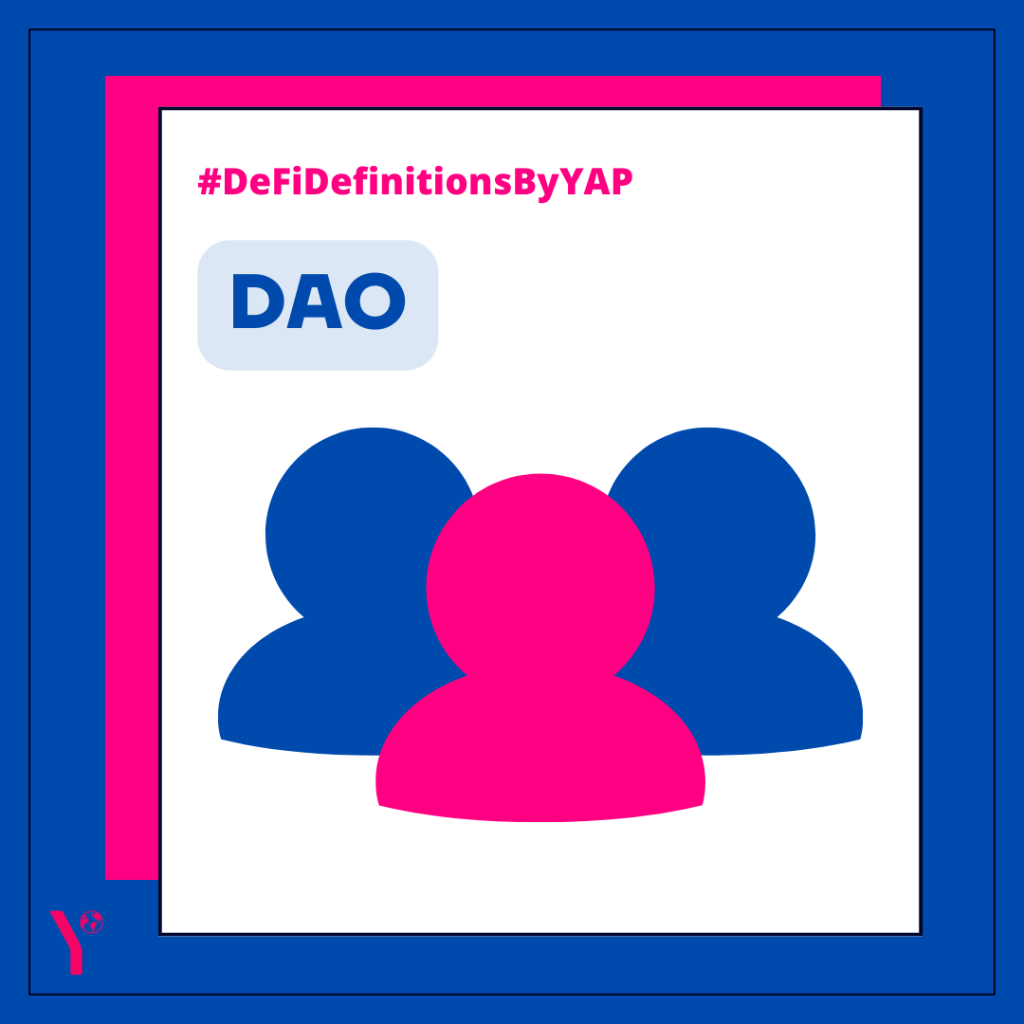In August 2022, an organization called MoonDAO made headlines for sending a viral YouTuber to space. This isn’t the first time that a collective group with the “DAO” appendage has made the news and this viral term, first defined in the Ethereum Whitepaper, is slowly inserting itself into mainstream culture.
A Decentralized Autonomous Organization (DAO) is a member-owned community without centralized leadership. DAOs are a safe way to collaborate with strangers (or anonymous/pseudonymous players) to build an organization, a product, a service, or rally support to commit funds to a specific cause. The backbone of a DAO is its smart contract which defines the rules of the organization and manages the group’s treasury. Once the smart contract is live on the blockchain, no one can change the rules except by a vote. Because the rules are embedded into the code, no managers are needed, thus removing bureaucracy and hierarchy. DAO members typically receive voting power in the form of the DAOs governance token, but DAOs also exist without a token and voting rights are given in DAO shares.
There are many categories of DAOs including Service DAOs, Investment DAOs, Protocol DAOs, Fundraising/Charity DAOs, and more. Bitcoin is generally considered to be the first fully functional DAO, as it is an example of a DAO which is truly autonomous and self-sustaining and does not require voting or membership for it to exist.
